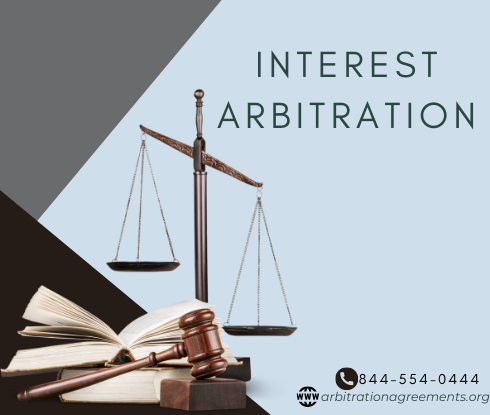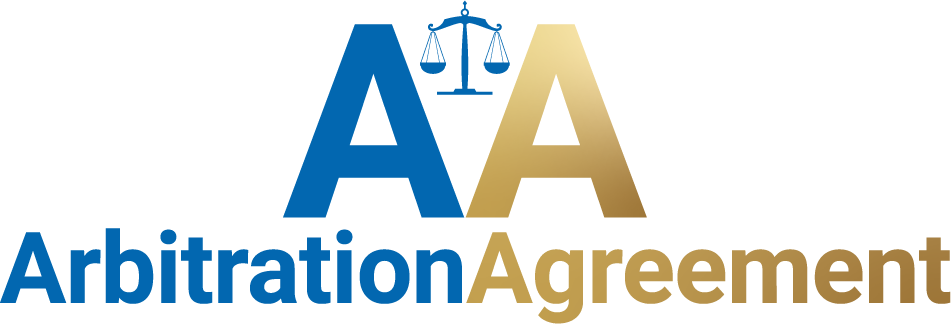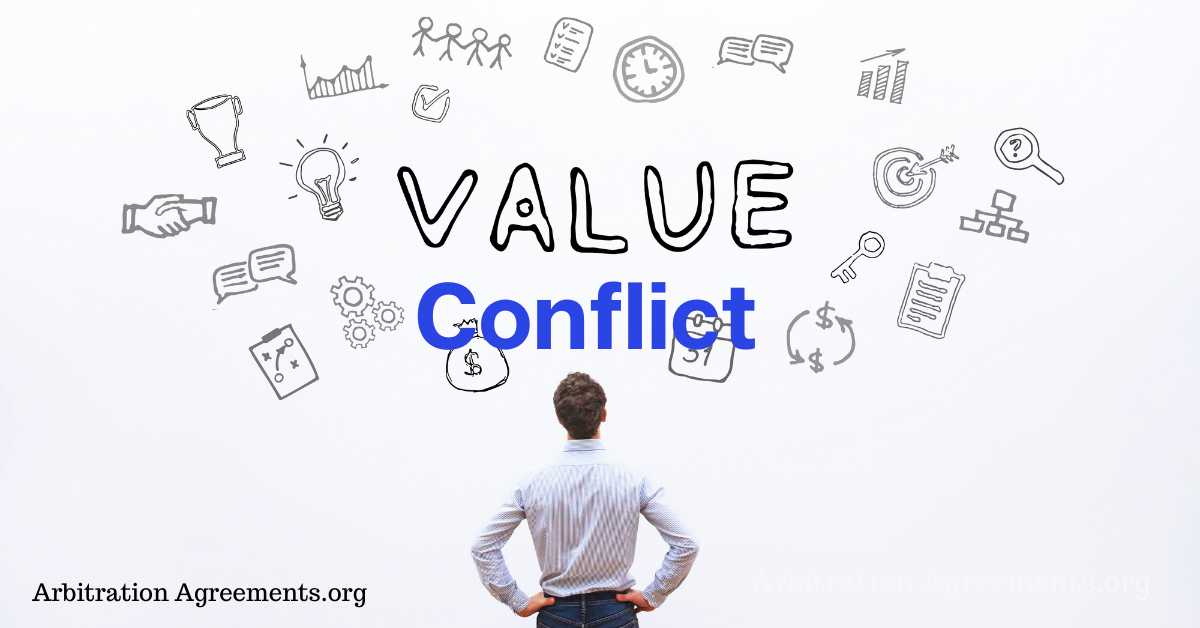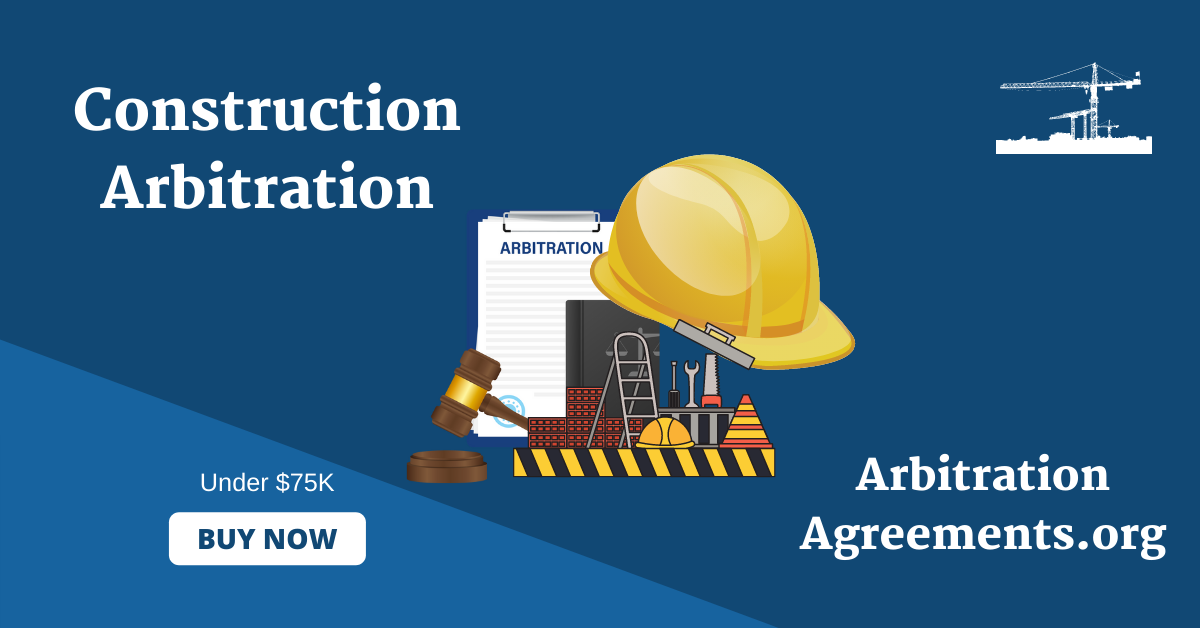The Basics of Arbitration Focusing on Interest
The Basics of Interest Arbitration
Interest arbitration functions as its own unique aspect of the arbitral process. The main purpose of interest arbitration is to resolve a bargaining dispute. Say that certain issues do not get resolved during contract negotiations. And those negotiations take place between a union and employers. That’s when a case can get resolved by an impartial arbitrator. The arbitrator can create a binding resolution. Also visit Arbitral Tribunal Many employees that take part in essential services receive interest arbitration platforms. “Essential services" often refers to public safety jobs. These are professions where most workers do not have the right to strike. That’s why different unions across the US now have access to interest arbitration. In fact, anyone who contacts our organization can use our interest arbitration resources. All it takes is one phone to our association at any time. Our mission is to help both unions and companies find common ground. Well here is Arbitration Provision

The Definition of Interest Arbitration
Interest arbitration focuses on the context of labor relations. It’s a process of arbitration to create new binding terms. Or, to amend a CBA through arbitration. (CBA stands for collective bargaining agreement.) Interest-focused arbitration can take the place of collective bargaining negotiations. Say that disputing parties reach an impasse during negotiations. The parties can agree to take part in an arbitration hearing. That’s where parties can present their evidence and arguments before an arbitrator. The arguments will focus on proposed terms for an amended (or new) CBA. Visit Mandatory Arbitration Provision. An arbitrator’s decision during interest arbitration can swing any number of ways. Some arbitrators might decide to adopt one single party’s entire position. Other arbitrators will adopt a middle ground between certain positions. This way, an arbitrator can set exact terms that a new or amended CBA must adhere to. Each arbitration decision is final and has legal binding status for all parties. Visit also Mandatory Arbitration. Interest arbitration often takes place during public sector collective bargaining. But it can also apply to private sector collective bargaining. In fact, there’s a legal precedent for this. The terms refer to the RLA: Railway Labor Act. But keep in mind that the National Labor Relations Act doesn’t focus on arbitration. At least, not interest arbitration. But parties can still reference it when resolving certain disputes. Click Pre Dispute Arbitration Clause.
What Is Final Offer Arbitration?
There is a subset of interest arbitration called “final offer arbitration.” This is a very unique form of arbitration. The parties allow an arbitrator to choose a party’s last proposal. (Or, a party’s final offer.) Most of the time, final offer arbitration gets limited to one single issue. Do you know about Forced Arbitration ?
How Does the Interest Arbitration Process Function?
Interest arbitration serves as a great mechanism to resolve a dispute. In most cases, this type of arbitration solves bargaining disputes. Say that a union and employer are negotiating. But they come to an impasse about bargaining. Both parties can agree to hire the services of an impartial and neutral third party. That third party plays the role of an arbitrator. The arbitrator will hold a formal hearing. That’s where both parties can present evidence and positions. An arbitrator will review the testimony. Next, the arbitrator will assess all the supporting evidence. Then it’s time for the arbitrator to address all unresolved issues. He or she will do so by providing an arbitration award, Also visit Arbitral Tribunal.
Is Interest Arbitration Different From Grievance Arbitration?
Yes, these are two different concepts for arbitration. Interest arbitration focuses on one key action. It’s the act of resolving disputes related to collective bargaining negotiations. This often involves a conflict between a union and an employer. Grievance arbitration addresses a different type of legal dispute. It resolves disputes about interpreting existing contract provisions. Almost all collective bargaining agreements allow grievance arbitration to take place. Do you know about Federal Arbitration Act

How Does an Arbitrator Get Selected During Interest Arbitration Proceedings?
A union and employer will receive a list of arbitrators. They can secure that list from an arbitration organization. In fact, our own association can help you find qualified arbitrators near you. Then, the union and employer will go through the striking selection process. This process refers to finding the right arbitrator. Or, a panel of three arbitrators. Visit Arbitration vs Mediation vs Litigation.
The Benefits of Interest Arbitration
Interest arbitration provides many different benefits to both unions and employers. Some of the benefits relate to general arbitration advantages. Other benefits are specific to the interest arbitration process . Interest arbitration has gotten credit for helping employees earn a higher general wage. After all, the purpose of interest arbitration is to ensure a more level playing field. This way, employees can receive fair wages once negotiations conclude. Here's another key benefit of this type of arbitration. Interest arbitration helps ensure that various contract proposals get considered. This can apply to many different terms within unique contracts. Unions will bargain with employers to make the contracts fair. The interest arbitration process can save a lot of money for all parties. That’s because court litigation is very expensive. Arbitration is not. Parties can save thousands and thousands of dollars through the arbitration process. Many legal experts consider interest arbitration as a fair process. It addresses all sorts of issues during contract negotiations. Some of the issues could result in a labor dispute. But arbitration helps ensure that a dispute does not escalate.
What Is the Difference Between Interest Arbitration and Rights Arbitration?
Interest arbitration focuses on resolving almost any type of bargaining impasse. Rights arbitration is more specific. This type of arbitration decides a certain type of dispute. It gets used to interpret a provision or clause within a collective agreement. Say that a party makes an allegation against another party. The party states that the other party violated terms within an agreement. That’s when the right arbitration processes might help the parties find a resolution.
What Does Arbitration Mean?
Arbitration functions as a private legal process. It’s where parties in a dispute agree that a neutral third party can resolve the dispute. That third party refers to either an arbitrator or panel of arbitrators. An arbitrator will receive evidence and hear-out each argument. Then, the arbitrator will provide a binding decision and award. That decision still serves as the final resolution for the dispute. Arbitration is not the same concept as mediation. Why? Because an arbitrator has the authority to put a binding decision in place. A mediator can only make suggestions to both parties. But through mediation, a binding decision only takes place when both parties agree to it. Must read Mediation and Arbitration.
What Is Grievance Arbitration?
What is Binding Arbitration Definition ? Many legal experts consider grievance arbitration as a “quasi-judicial” process. Through this process, a neutral third party oversees a dispute. The dispute can relate to contract interpretation, discharge, or discipline. The arbitrator then renders a final decision with legal binding status. Arbitrators can get selected through a case-by-case basis. Do you need help finding grievance arbitrators near you? If so, please contact our organization. We can help you find qualified arbitrators in your local area.
More About the Differences Between Interest & Grievance Arbitration
Grievance arbitration serves as the predominant type of arbitration for legal manners. Keep in mind that “grievance arbitration” and “rights arbitration” are not different. Both forms of arbitration refer to the exact same concepts. Through grievance arbitration, both parties work out their dispute before an arbitrator. This often concerns the terms within an existing collective bargaining agreement. An arbitrator focuses on deciding the outcome of the dispute. He or she does so through applying the terms in an agreement. Interest arbitration focuses on resolving a deadlock or impasse. This applies to bargaining when forming a new contract. It can also apply when adjusting provisions or clauses within a contract. Through this type of arbitration, parties have an arbitrator settle all key differences. This way, the impasse that's been stalling negotiations can disappear. Why? Because the arbitrator will put a binding resolution in place. Please contact us to learn more about interest arbitration and grievance arbitration. Difference between Arbitration vs Litigation.
A Closer Look at Interest Arbitration
Interest-related arbitration does not get used that often within the private sector. But sometimes it does get used by governmental bodies. There are instances where private companies agree to take part in interest arbitration. This often concerns terms of first-time contracts by way of union neutrality agreements. Interest arbitration for first-time contracts is sometimes required. You can find these requirements in various countries across the globe. Here is an example of interest arbitration. Wal-Mart’s employees organized a union at a store in Quebec, Canada. The parties could not agree to terms for a first-time contract. That’s when interest-focused arbitration took place. An arbitrator sided with the union instead of Wal-Mart. The arbitrator favored the union's proposed terms over the company. But this doesn’t mean that most arbitrators favor unions. The key role of an arbitrator is to remain unbiased and neutral.
We Provide First-Rate Interest Arbitration Services
Are you part of a company or organization in need of interest arbitration services? If so, do not hesitate to contact our association. We can provide custom arbitration tools and resources to help you thrive. All you've got to do is call us and tell us your legal situation and goals. You can also message us on our website or send an email. Once we know what you envision, our arbitration experts will get right to work. They won’t rest until you achieve high-quality legal results. We can do it all. From finding arbitrators in your area to helping you draft an arbitration agreement. There’s no limit to what our association can do for you and your business or organization. We look forward to helping you succeed through all aspects of arbitration.
Our Organization Can Use HeinOnline To Provide Arbitration Employment Law Information
Do you need information about how arbitration affects employment law? If so, our organization is here to assist. We can provide information about any state law. In fact, we can also give you details about international arbitration law. All you've got to do is contact us about the law related information you need. Our experts can access almost any law document using HeinOnline. It’s a database featuring many resources related to arbitration law. Understanding the law will help any individual or business succeed. And that relates to the key mission of our firm. We strive to empower companies and people to resolve disputes through arbitration. This way, our customers and clients can save both time and money.









